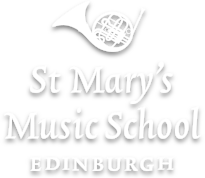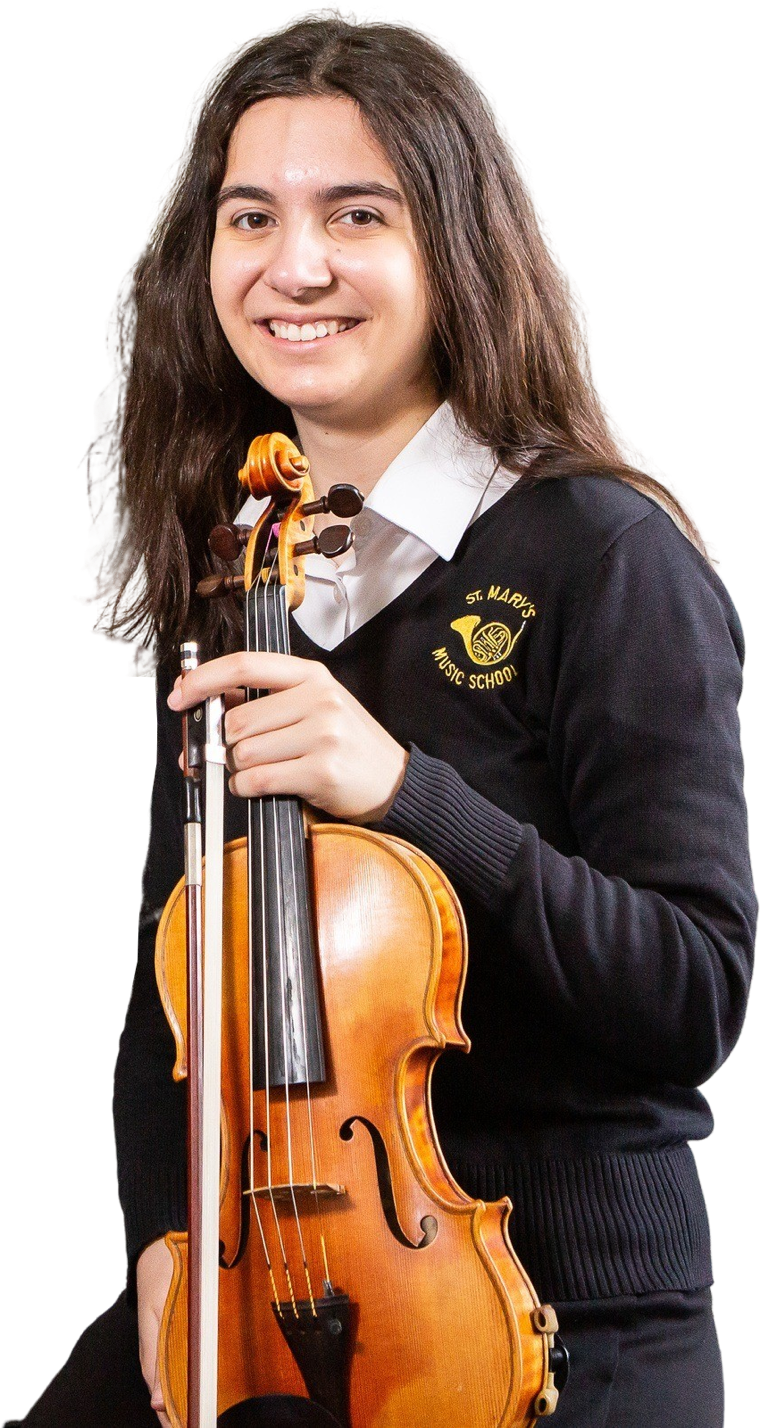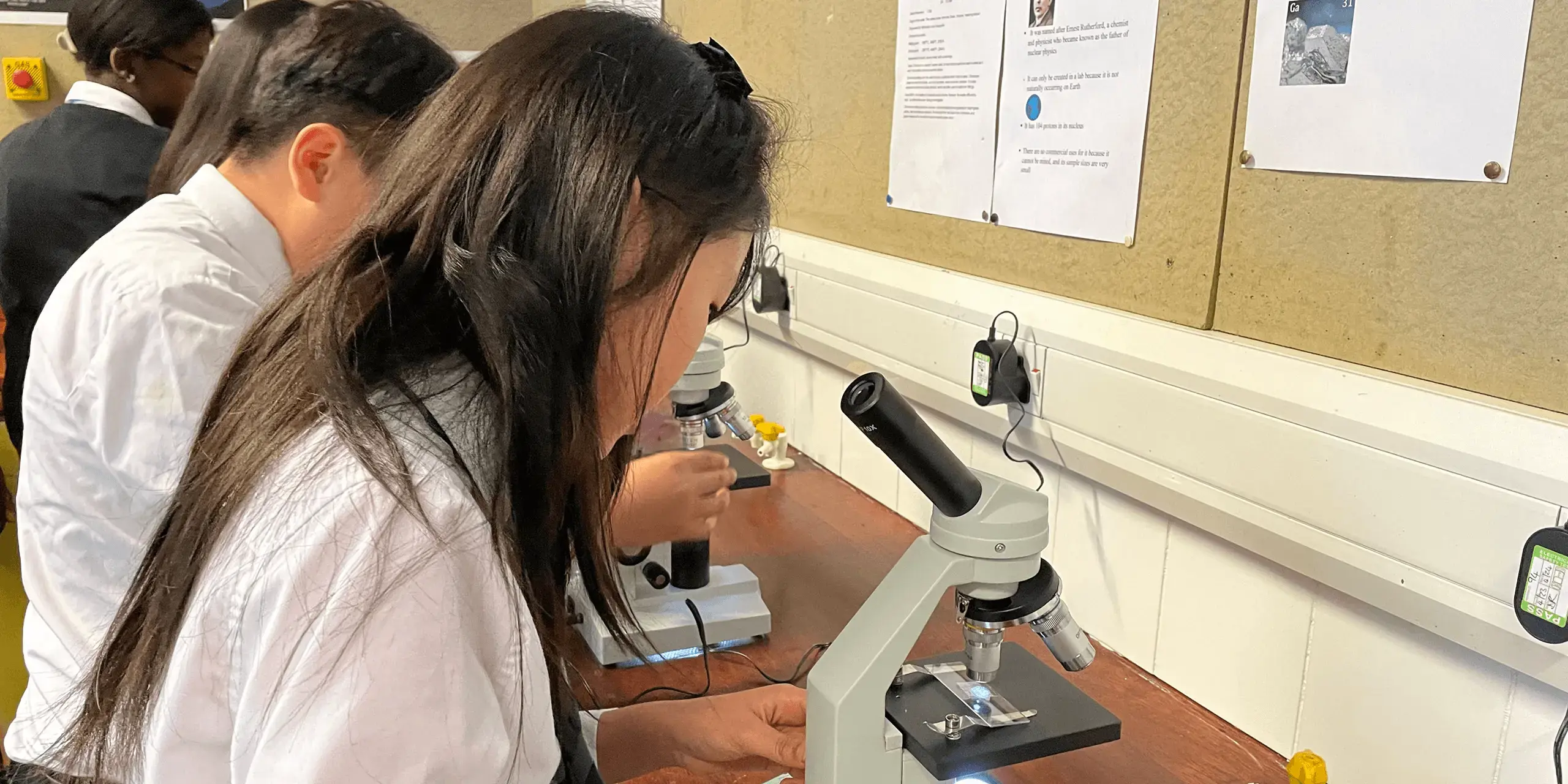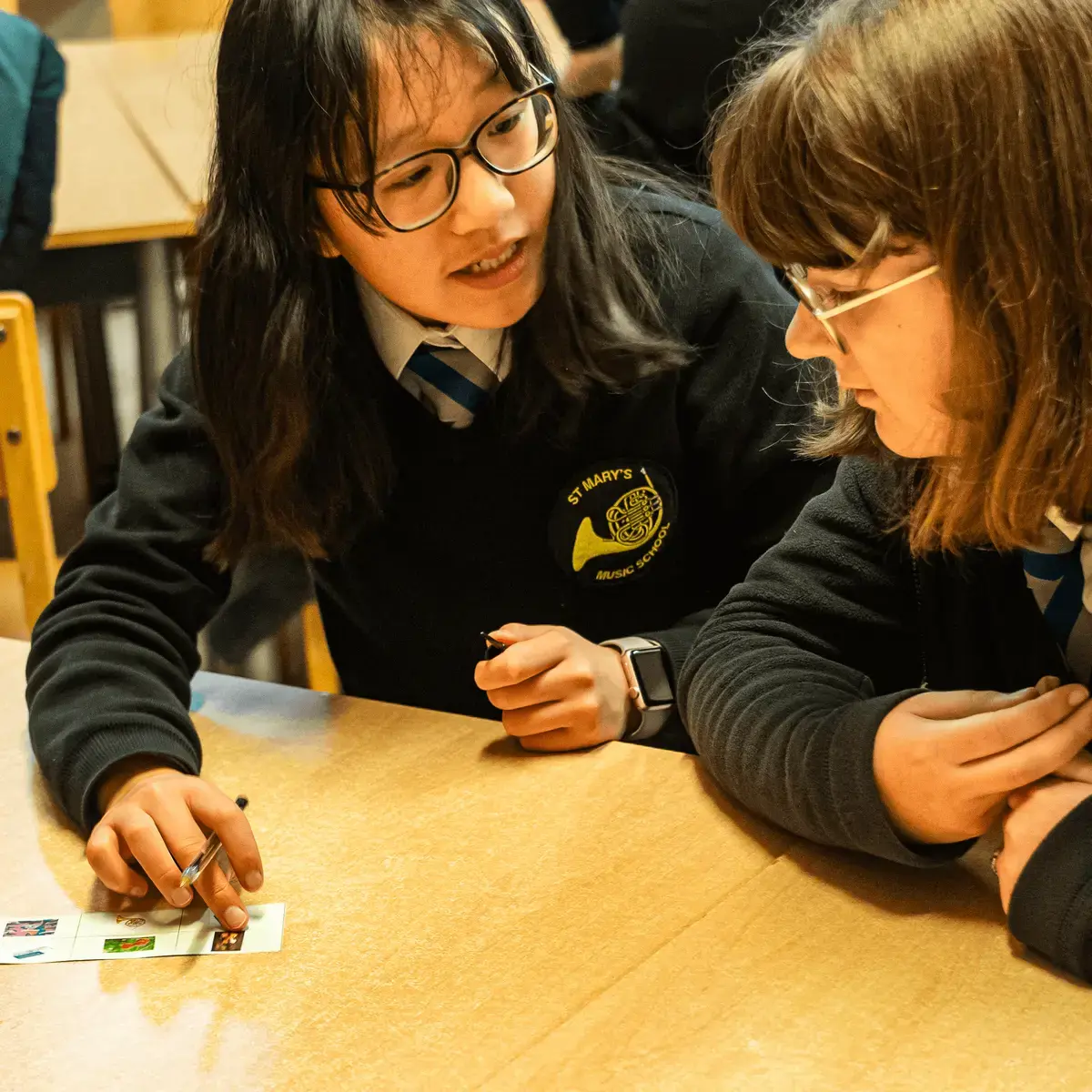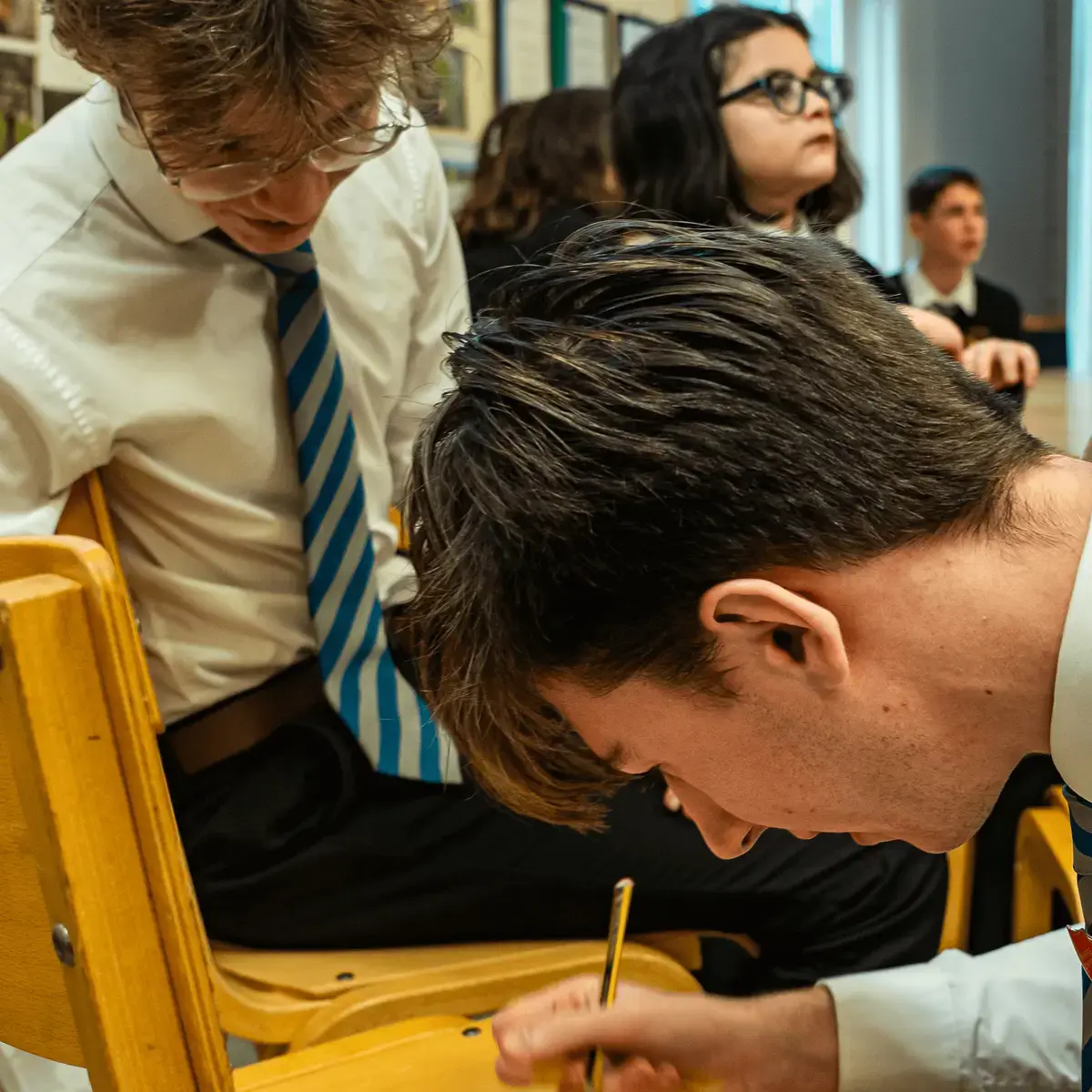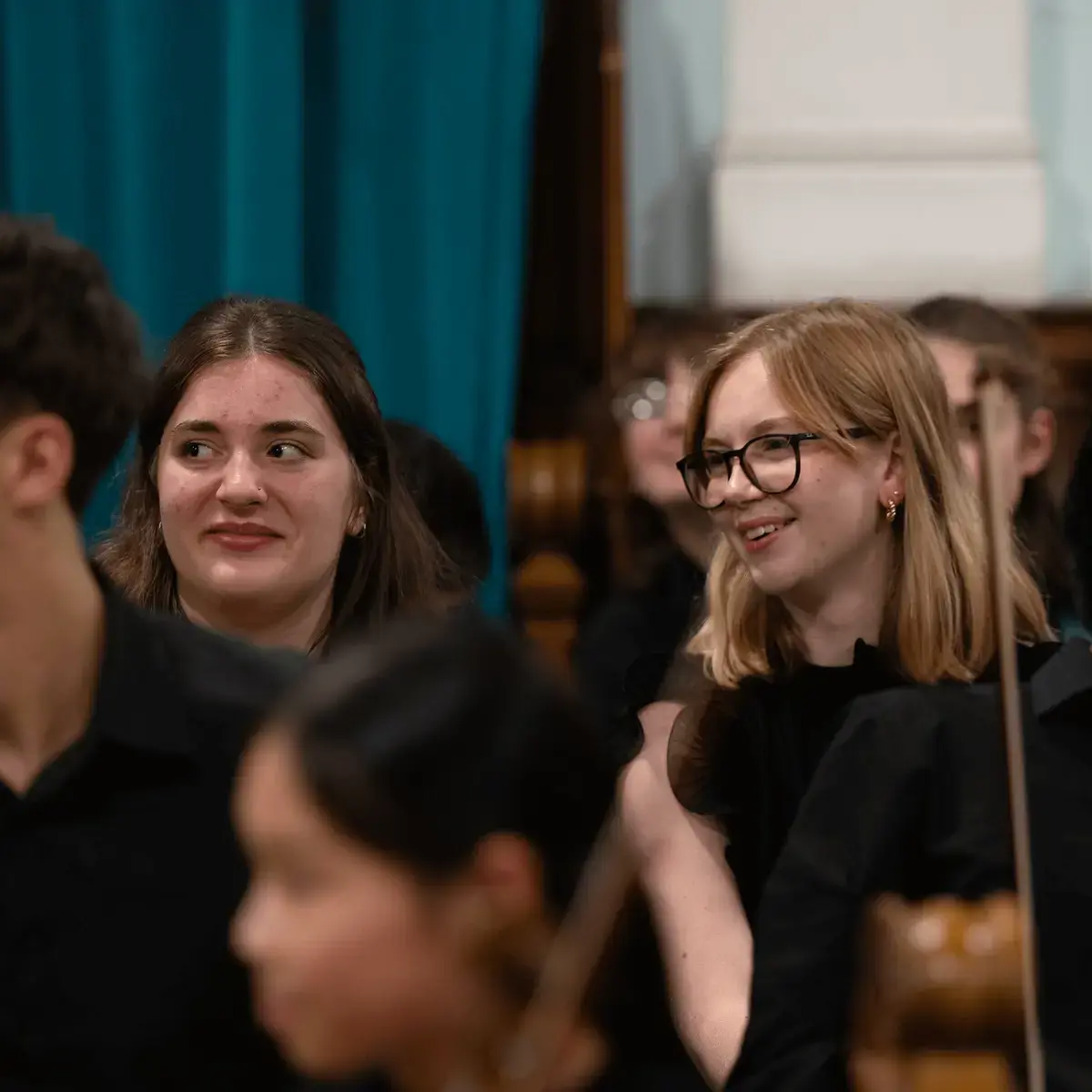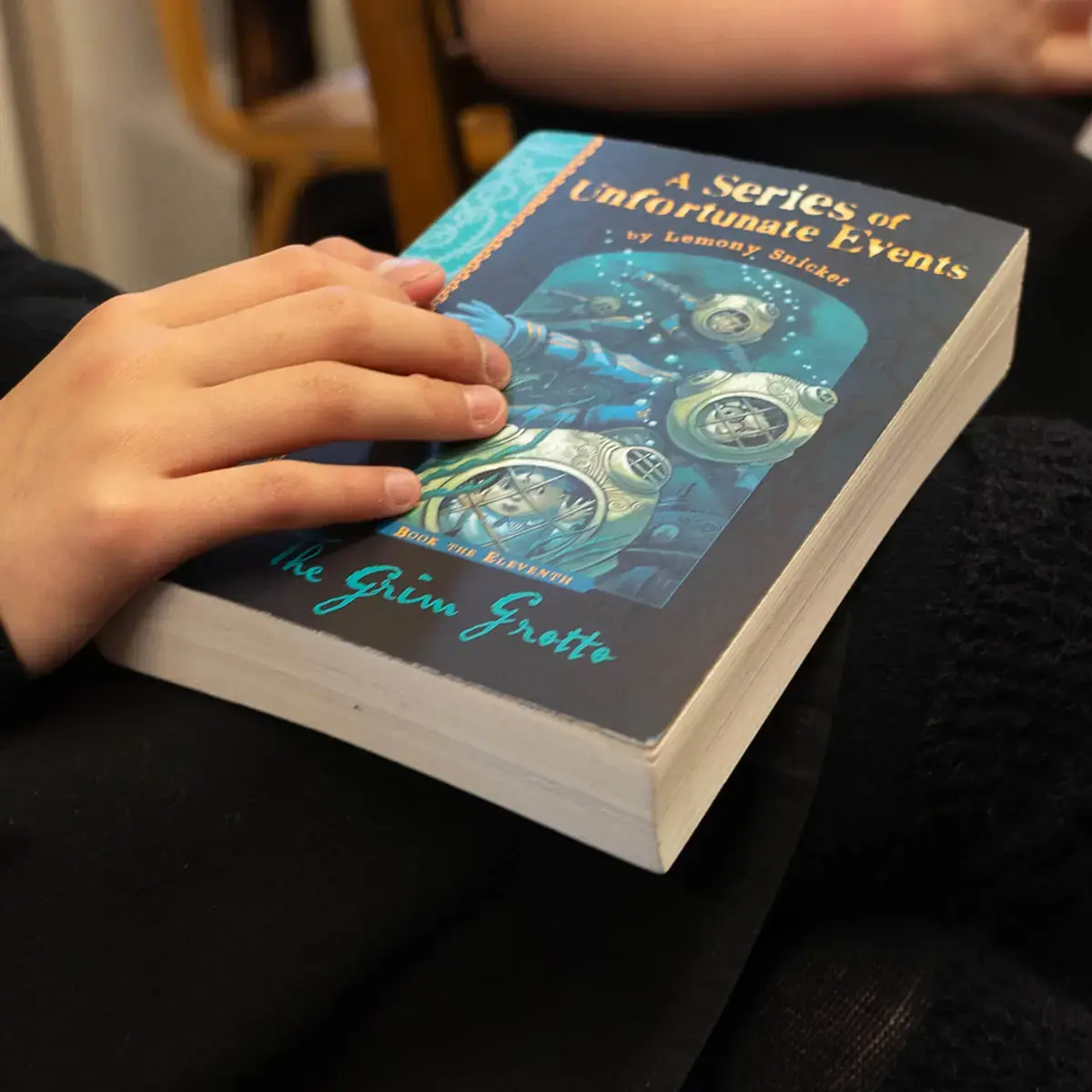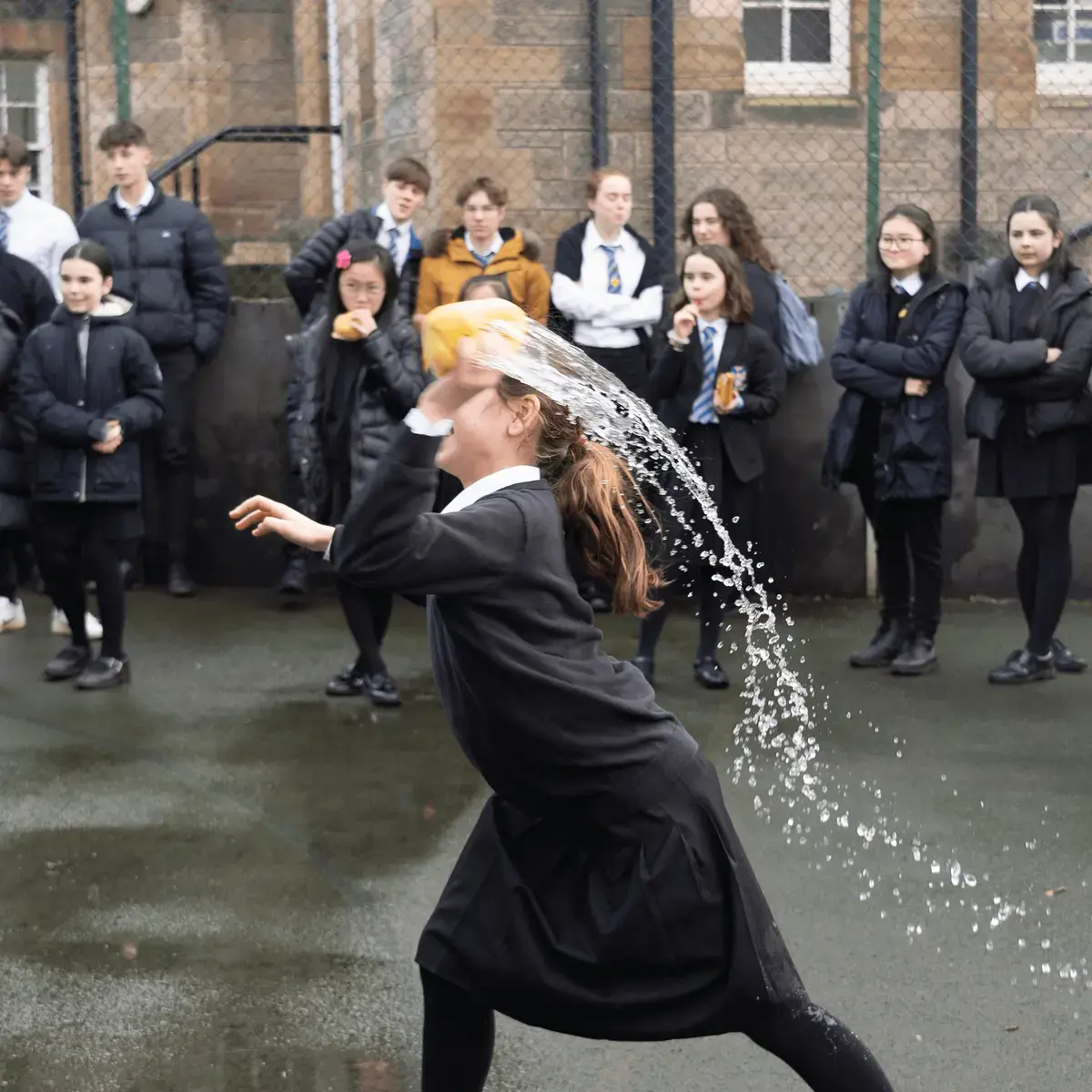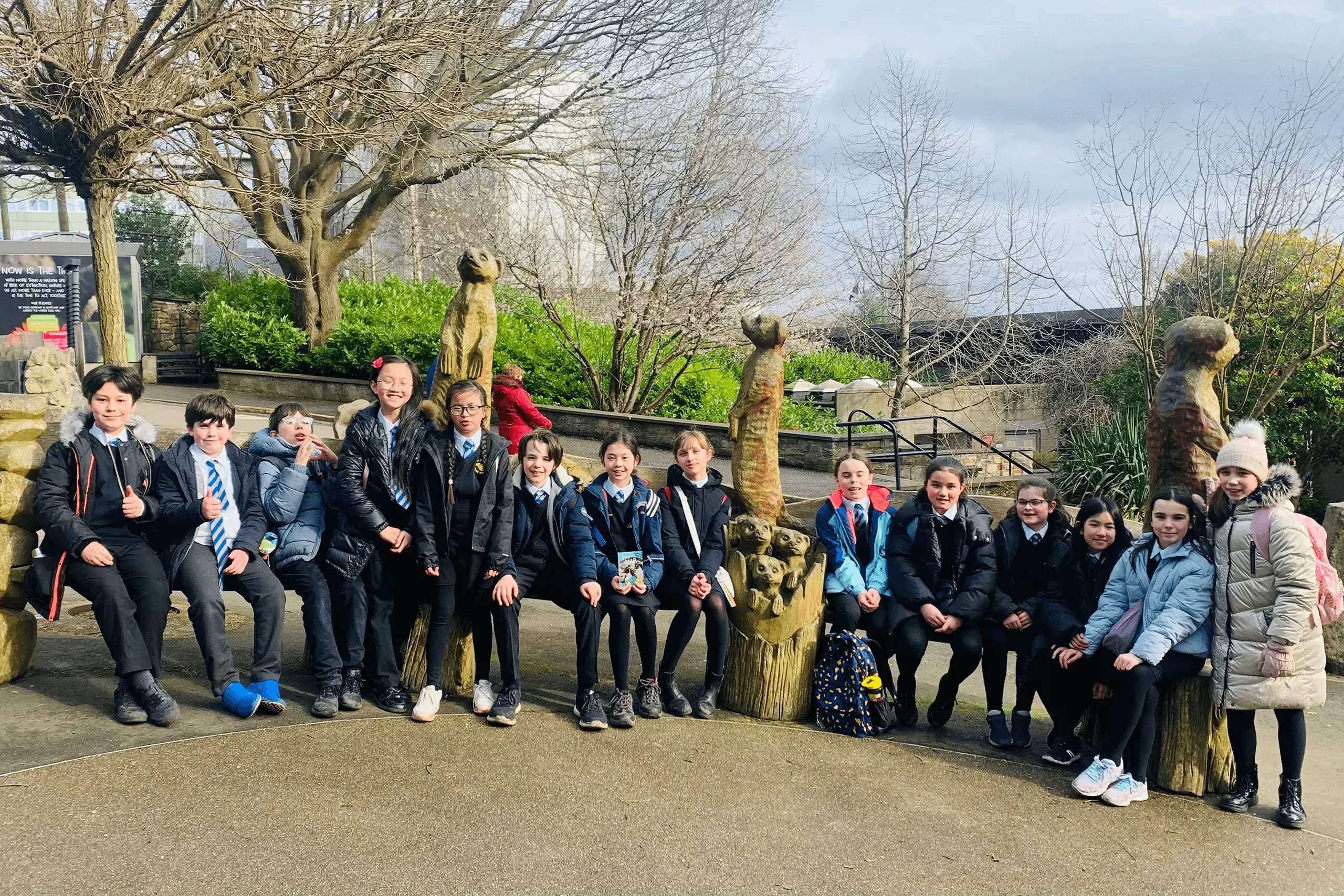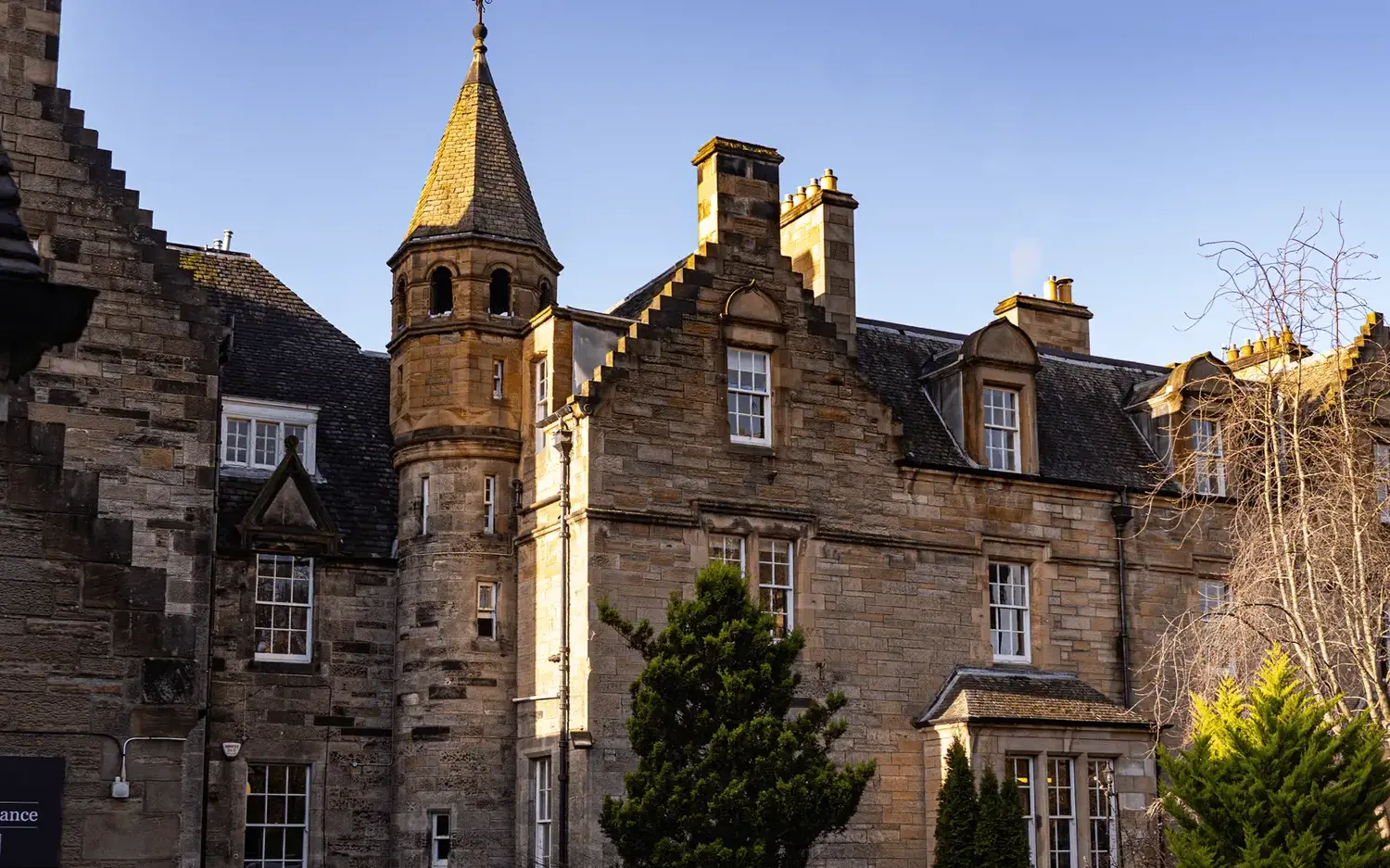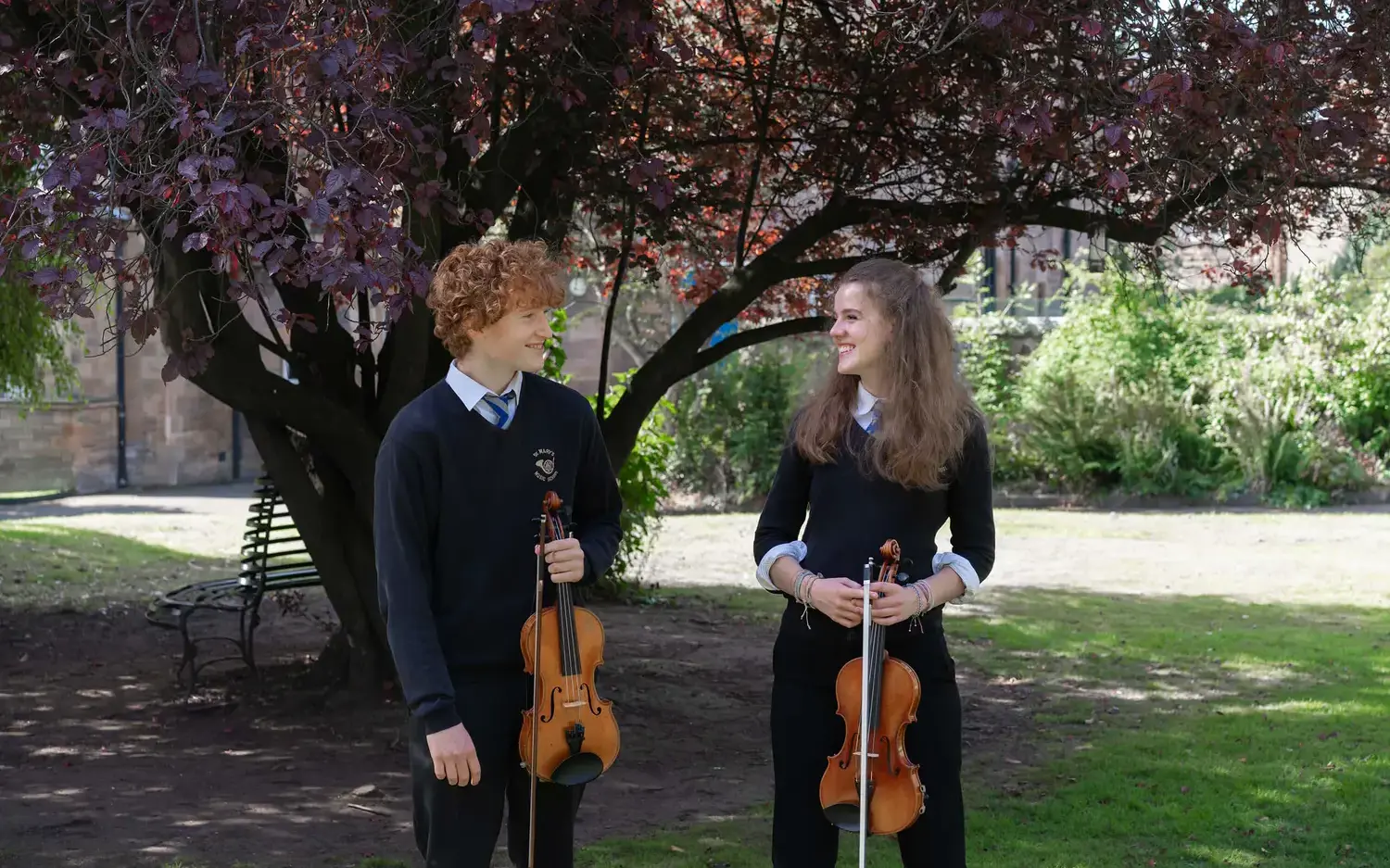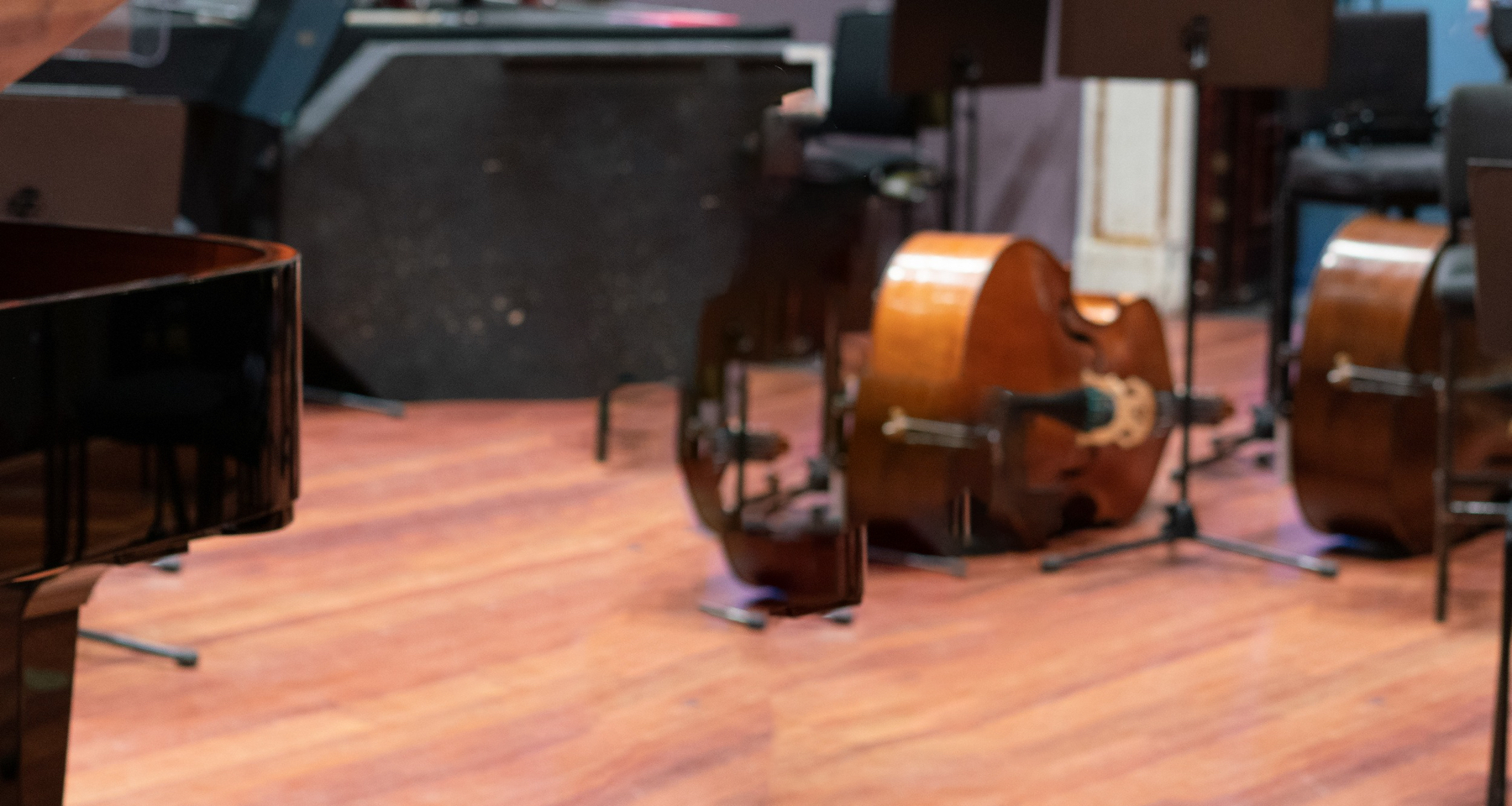Our Academic Curriculum
Here, our pupils flourish and achieve to the very best of their ability
A rigorous academic programme, coupled with individualised support, has consistently led to our pupils excelling in examinations and pursuing diverse pathways into higher education, including entry to prestigious conservatoires and top-tier universities.
We provide an excellent general education, broadly based in the primary years (Primary 4 to Primary 7) to establish a secure academic foundation. Learning becomes increasingly tailored – in a way that’s generally not possible in the larger state or independent schools – as pupils progress through their senior years (Senior 1 to Senior 6 extension). A significant feature of the specialist music education we offer is our Senior 6 Extension Year which enables pupils who have completed Senior 6 to stay with us for a further year. From Primary 4 right up to Senior 6 and beyond, pupils who require it can access Additional Support for Learning.
Explore our academic curriculum
Healthy bodies, healthy minds, healthy balance
|
In addition to core academic subjects, we place a strong emphasis on holistic development too, with Physical Education (PE), Personal and Social Education (PSE) and Religious and Moral Education (RME) all part of the daily timetable. And, despite the demanding balance of their music and academic learning, our pupils have plenty of time to let off steam and throw themselves into a wide range of extra-curricular activities, from the Running Club led by our own Headteacher, Dr Kenneth Taylor, to the Gardening Club whose home-grown produce regularly features on the School Canteen menus! While boarders receive breakfast, lunch and dinner, day pupils can choose to bring a packed lunch or pay for lunch to be provided by the School. All instrumental and chorister pupils are provided with a packed tea if there are performances and all dietary requirements are carefully adhered too with daily veggie and vegan options. |
|
A note about individualised timetables
Around half of the school day is devoted to the study of music, and to integrate this fully with a robust academic programme, timetabling is flexible and personalised to accommodate individual needs and foster a supportive environment.
